The Geography Department recently welcomed Assistant Professor Maddy Kroot to the faculty! We asked her to share some insights about her background, research, and interests beyond the classroom.
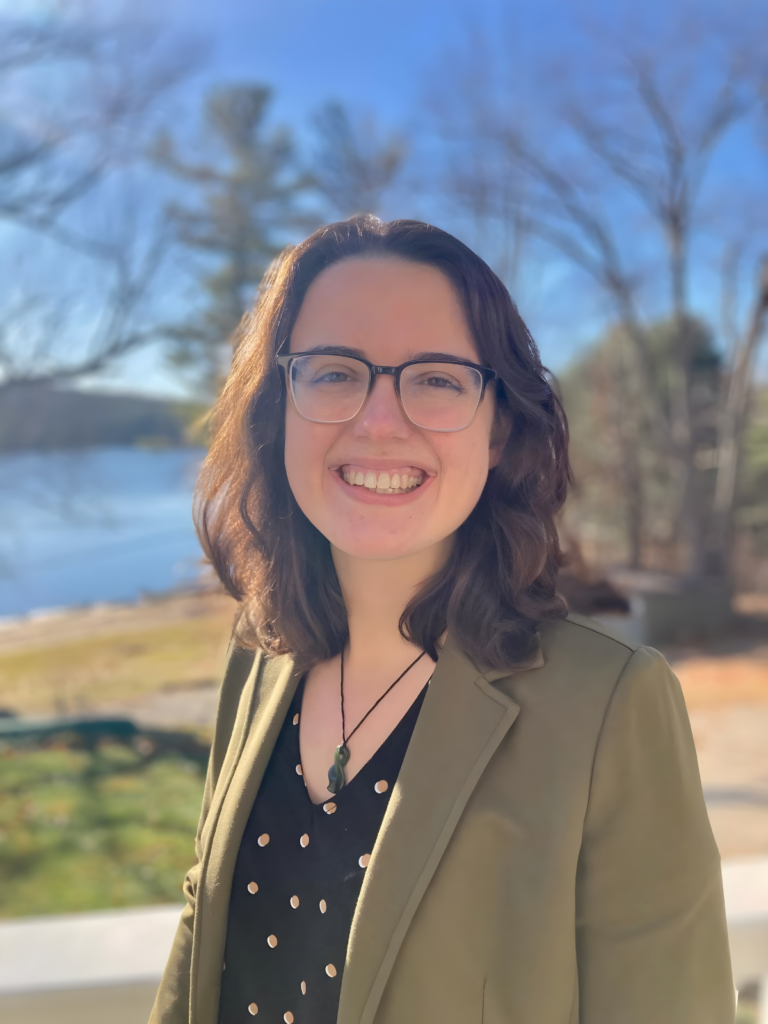
Tell us about how you got to where you are in the department/field of geography today.
I took AP Human Geography in high school and was hooked, which meant that I was one of those statistical anomalies who went to undergrad intending to major in geography. At first, I wanted to study sustainable development, but then my very first geography class at Dartmouth College introduced me to political ecology. I ended up working with a group of professors who studied dams, and I became deeply fascinated with the environmental politics of hydropower: here was a conventional energy source capable of producing electricity with (relatively) minimal carbon emissions, but at the expense of dramatically transforming river ecosystems and the human (and more-than-human) communities that depend on them. At the same time, I had become really involved with my university’s outing club, and one day I was driving to go hiking somewhere in New Hampshire when I saw these road signs protesting a controversial transmission line that turned out to be importing Quebec hydropower to meet state climate targets in Massachusetts. Wanting to understand that transmission project shifted my focus to the electricity grid, brought me to Clark University for my MA and PhD in geography, and now to UW-Madison as an assistant professor.
What research are you currently working on?
I study the social, environmental, and spatial politics of the electricity grid, primarily in the US and Canada. For my doctoral research, that involved interrogating how and why local communities and environmental groups opposed two controversial transmission lines in northern New England despite their framing as a form of climate action. My dissertation ultimately argued that conflicts over low-carbon energy infrastructure can be more productively understood as conflicts over the role of public participation in an infrastructure planning space that has been dominated by technomanagerial approaches, and especially by electricity capital. My next project shifts from a focus on transmission to a focus on the governance of regional electricity grids, asking how such technically complex systems can be transformed into more participatory spaces for energy justice and climate action. Among other things, that means that lately I’ve been thinking a lot about grid decision-making around data centers.
What project or research that you have worked on have you been most proud of?
Recency bias definitely plays a role here, but I just published my last dissertation chapter in Environment and Planning E, and I’m really proud of that paper. The paper examines the ways in which competing electricity firms partner with grassroots opposition to controversial projects when that grassroots opposition is underresourced, and works to analyze the power dynamics of that relationship without condemning and dismissing those opposition groups as simply “astroturfed,” a term that is sometimes used to describe “fake” grassroots opposition. We need tools and frameworks to understand the complex relationships that emerge in “green-on-green” conflicts, without losing sight of the structural power dynamics of a for-profit electricity grid.
What fellow geographers do you draw your inspiration and motivation from?
This could be a long list. I really admire Nikki Luke, Conor Harrison, Brett Christophers, and Matt Huber’s work on the political economies of electricity. Jenn Baka, Gavin Bridge, and James McCarthy have guided my thinking on how to approach energy as a political ecologist. Not geographers by training, but I find myself reaching for Canay Özden-Schilling and Leah Stokes’s books to understand the technoeconomic and political dynamics of the US grid. Timothy Mitchell isn’t a geographer by training either, but he might as well be for how central his books Carbon Democracy and Rule of Experts are to work in energy geographies.
What excites you most about joining UW–Madison and our Geography department?
I’m excited to be joining a department that has such strengths across all four subareas of geography, and that really celebrates geography’s role as an “interdisciplinary discipline.” To that note, I was hired as part of the Wisconsin RISE Initiative, so I look forward to the opportunity to collaborate with so many other new hires across campus with interests that broadly overlap with mine, as well as with the number of different transdisciplinary centers on campus. I also deeply appreciate the ethos of the Wisconsin Idea and the emphasis on applied, community-facing research, outreach, and teaching, especially in this moment of reckoning for American higher education.
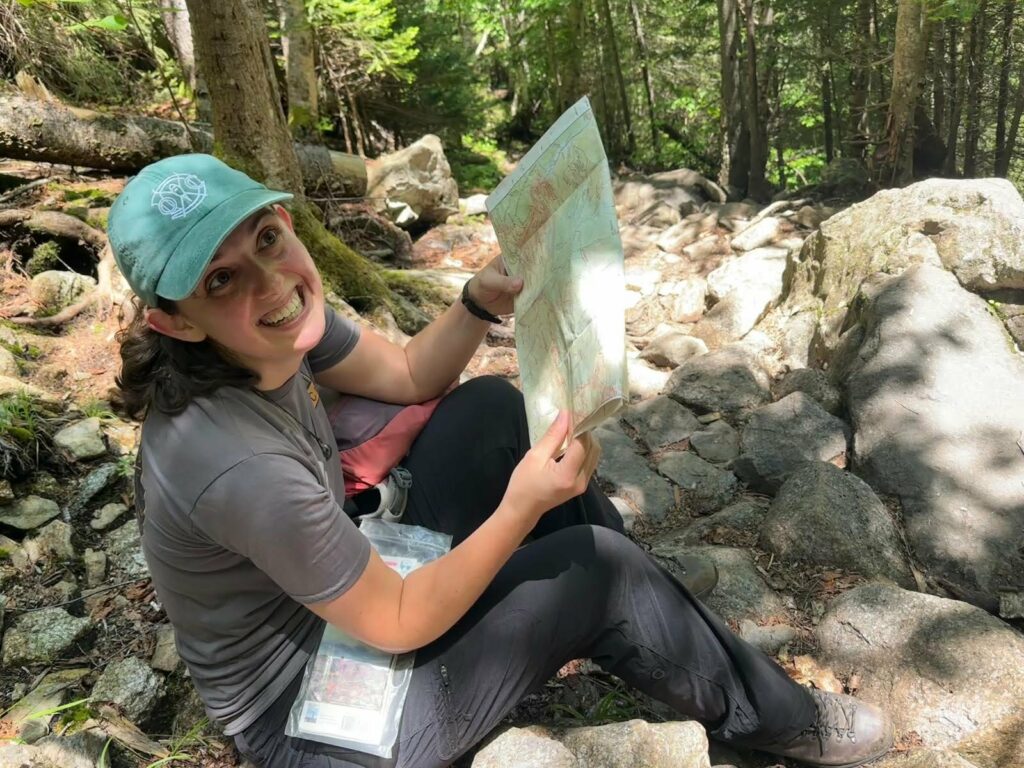
When you’re not teaching, how do you like to spend your time?
My husband Greg and I do a lot of hiking, cross-country skiing, board games, cooking, and eating! And I’m looking forward to getting into biking, now that we live in such a bike-friendly place. When I lived in New England, I was deeply involved with maintaining the Appalachian Trail, so I also am excited to get involved as a volunteer with the Ice Age Trail Alliance.
Do you have any pets? Tell us a little about them!
I have three pets! Ellie is a calico cat, and she is by far the smartest creature in our house. She loves eating, riding around on shoulders, and bossing around her dog sisters.
Nessa is a border collie-husky mix. Her hobbies include disemboweling dog toys, running in snowy fields, chasing ducks, and generally being a fluffy little angel.
Callie is a cattle dog-husky mix, and she has a grand total of three brain cells that have never all worked at the same time. Lately, her primary activity has been escaping our yard, but she also enjoys games of tug, snuggling, putting things in her mouth that she shouldn’t, and making Nessa’s life difficult.
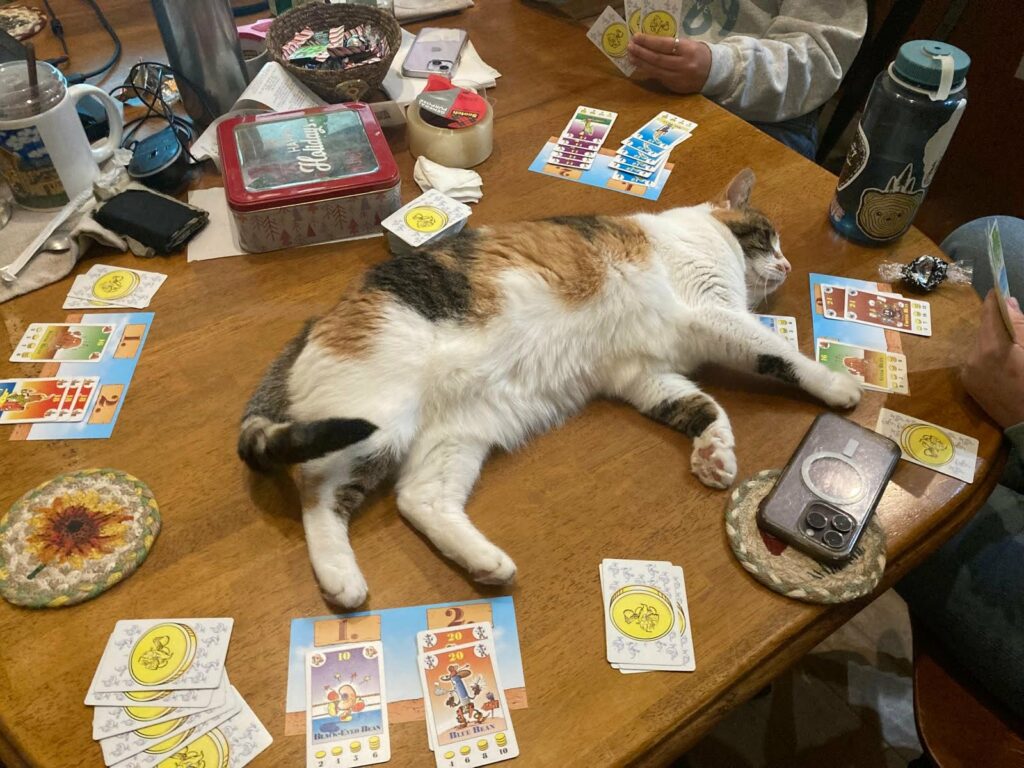
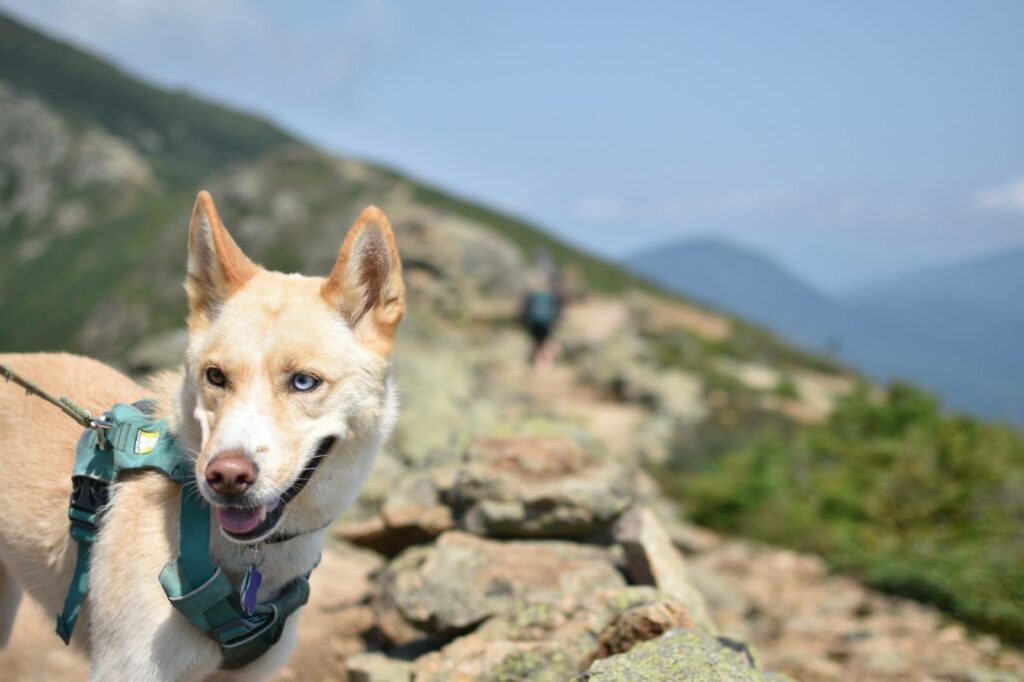
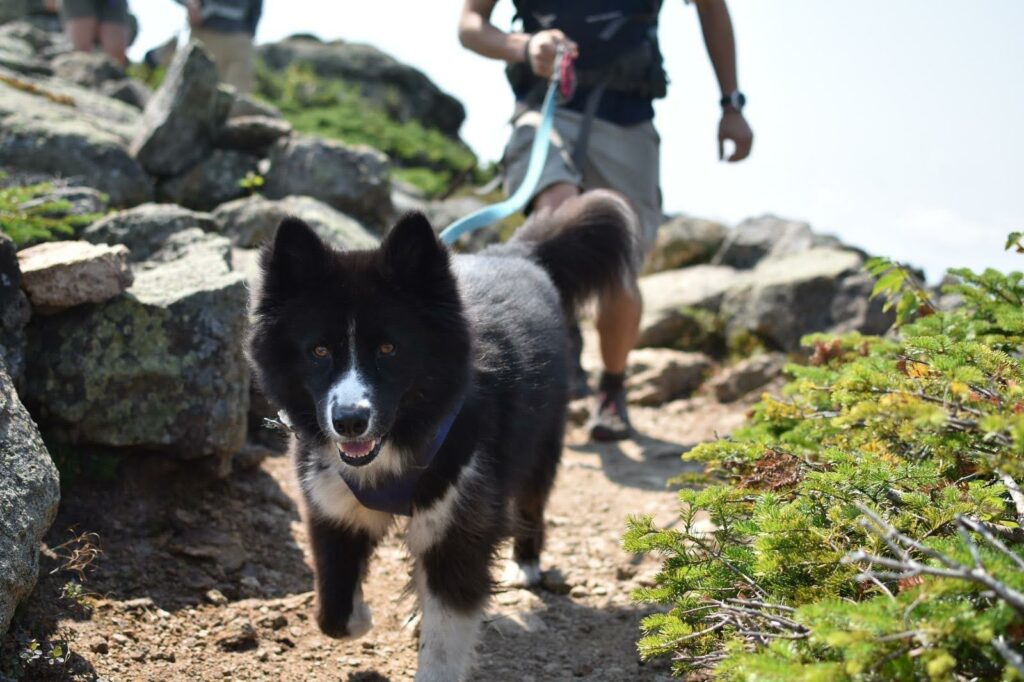
Where is your favorite spot on campus?
I’m still learning new spots on campus, but I love sitting on the terrace at the Memorial Union watching the lake, ideally with a latte from Moka.



